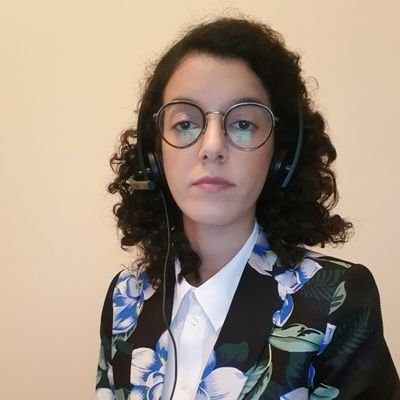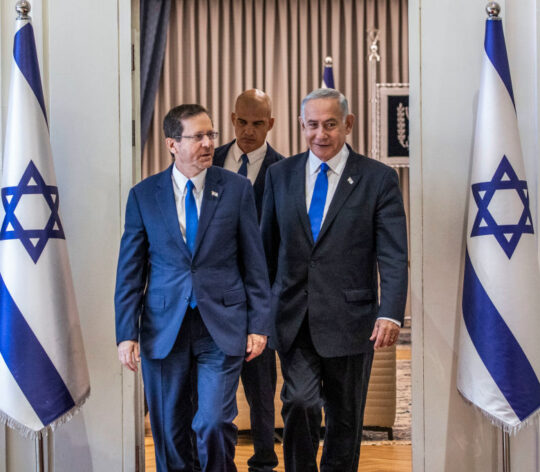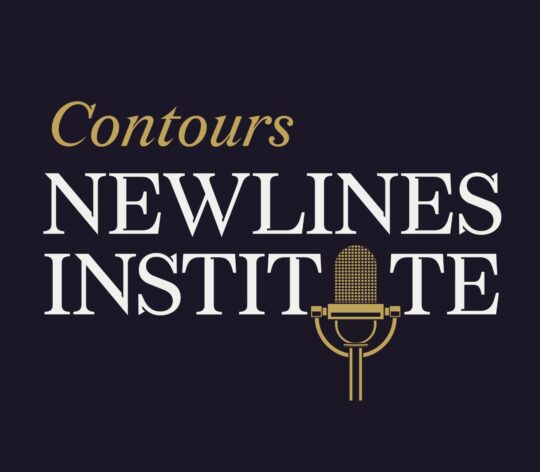Rise of Israel’s Anti-Arab Party Jeopardizes Regional Normalization
Recent Israeli elections have implications for the future of the Abraham Accords, which normalized ties between Israel and the UAE, Bahrain, Sudan, and Morocco but are widely unpopular in the Arab signatory countries.






